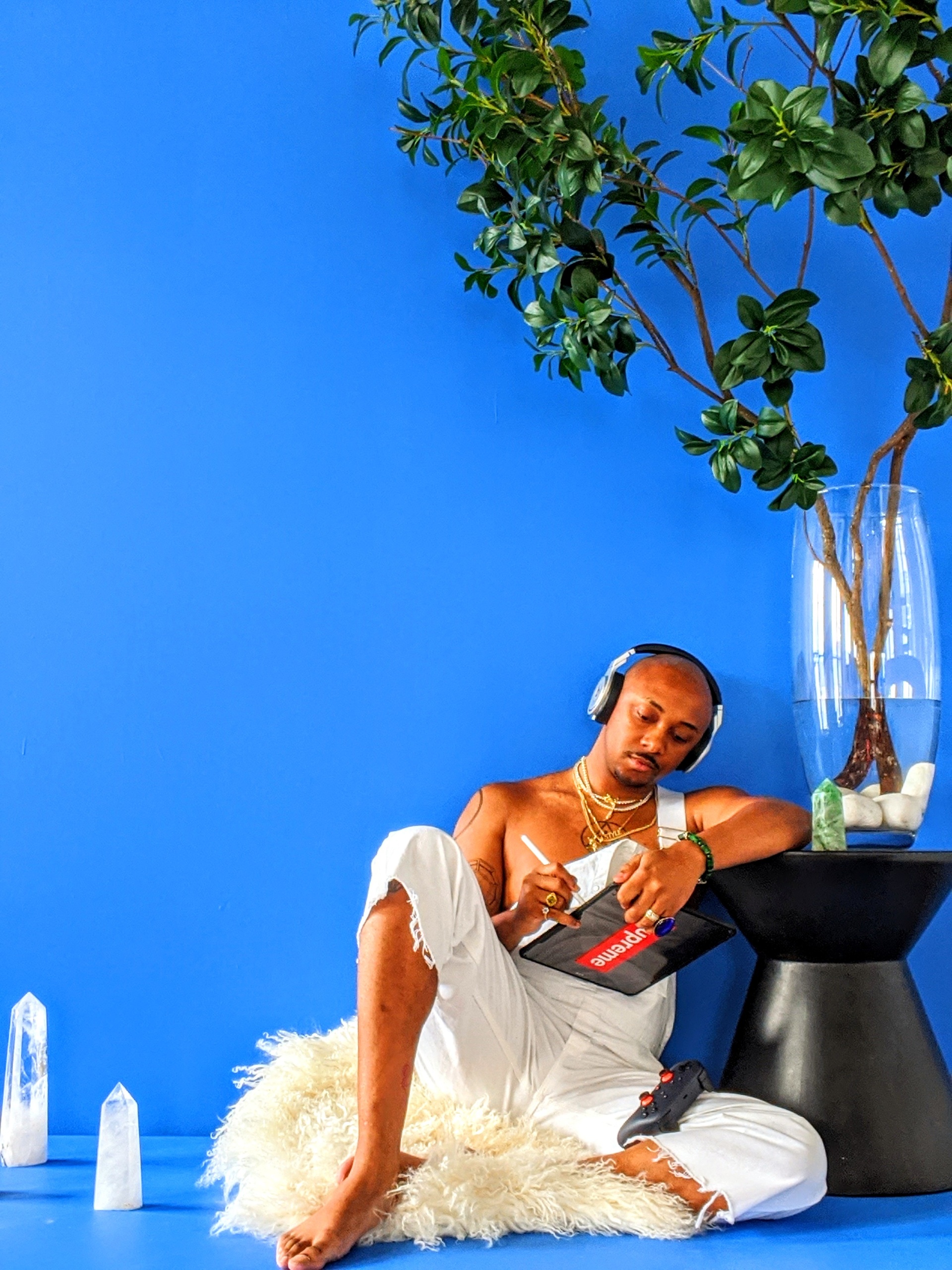
Mental health and my smartphone feel immediately at odds. No matter how many sleep, organization and meditation apps I subscribe to, I only feel more tangled. Despite my most valiant efforts to cut back on screen time by using the services embedded within it, I am consistently re-indoctrinated, pulled back into its bewitching soup of photos, texts, videos and people that define my virtual life. COVID-19 has only intensified this addiction—knocking me down the rabbit hole of desires, jealousies and fears. I sometimes wonder what kind of person it takes to see the potentiality of this space. I’ve had the privilege to have worked for two people who met these odds head on: Ian Cheng and Seth Price, so I do know it exists. I have come to chalk it up to the artist’s vision and the crucial role that plays in opening up the edges of a resource.
In this way, it came as no surprise that, in an attempt to neutralize the negative feedback loop that social apps often fuel, VSCO founders Joel Flory and Greg Lutze had a vision of a sharing platform that not only gave individuals tools to make their vision come true, but was also a pathway to showcase them without fear of rejection or anxiety surrounding reception. VSCO was designed to rebuke advertisers, likes and follower counts. “[VSCO] is not a popularity contest. We want you to enjoy the process of making because that is where a lot of the joy is—not just in the finished product or the response,” Lutze says while working from home, his children ensconced in crafting projects in the background. “I want to give myself permission not to worry about it.”
Freed from the pressures of client or audience input, the creative director has found himself putting aside time every day for making things, as someone else might for exercise. “I have a need for creativity,” he says. “There is an energy that it gives me and when I don’t have that, I start to feel down.” During COVID, he’s dabbling in a new medium: abstract painting. His children play a critical role in ensuring he gets his daily dose, because when the canvas isn’t out, he’s with them—painting, playing legos, taking photos.
Lutze acknowledges youth as a powerful creative force, and for good reason. VSCO found an eager audience in Gen Z, which currently makes up the base of its social community. But these borders are constantly shifting, as are the capabilities of its editing toolbox. For Mental Health Awareness month, VSCO sought a return to its wellness-through-creativity roots through partnering with Cultured on a series spotlighting original content by the magazine’s alumni. Utilizing the platform’s new Montage tool, which allows the user to layer static and moving images to create even more complex compositions than previously possible, each contributor was asked to combine images with wisdom on how they are keeping their innovative muscles active during shelter-in-place. The answers are unique to the individuals, but the overall message is cohesive—creativity is a key ingredient to unlocking and maintaining wellness. My phone won’t make me happy, but what I do with it might.

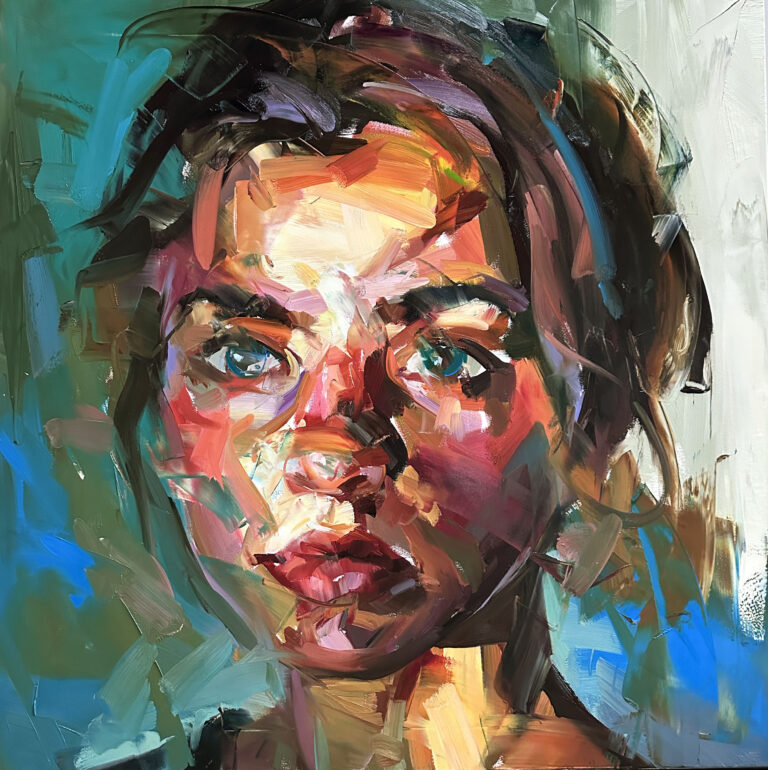
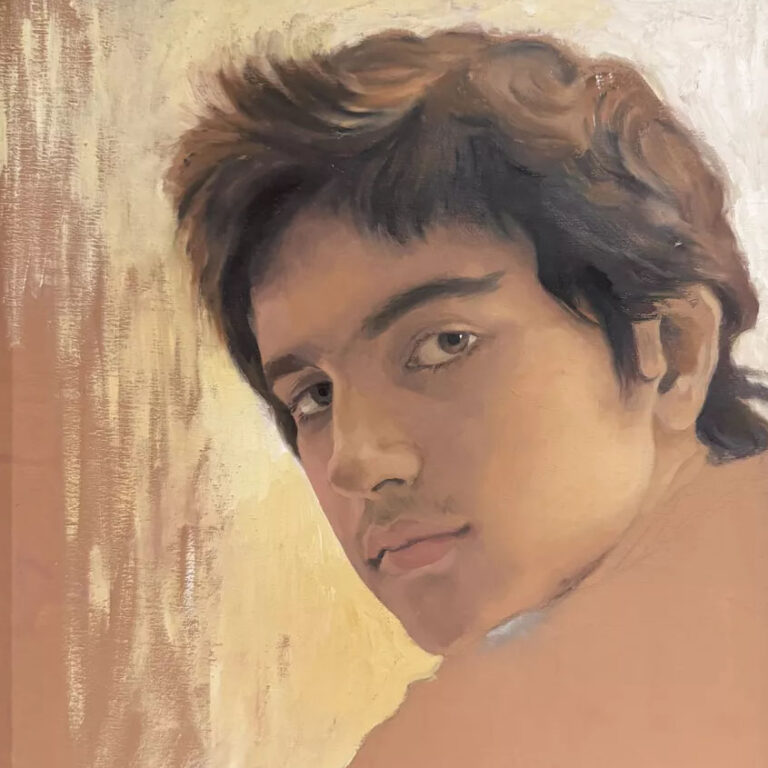
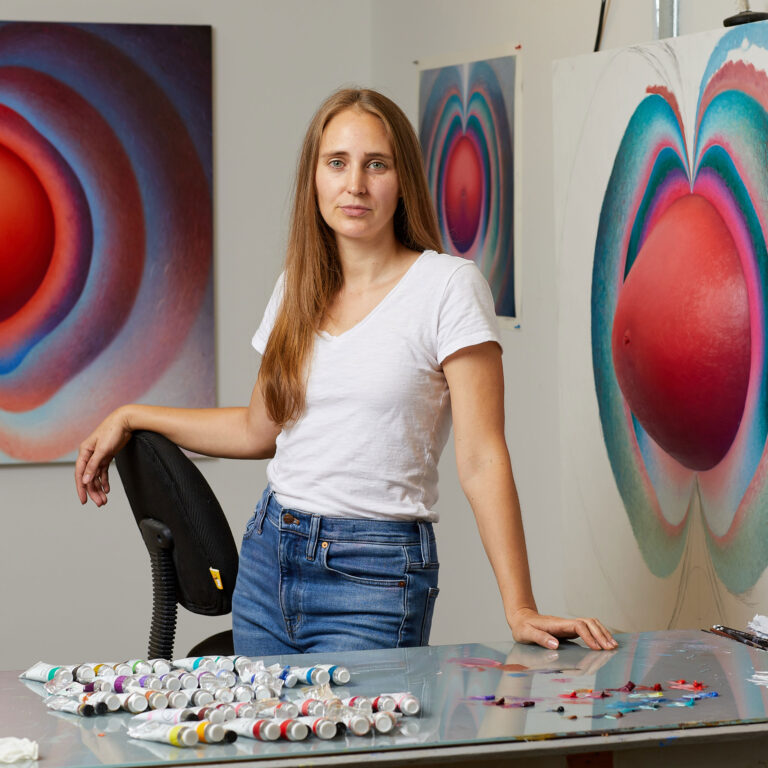

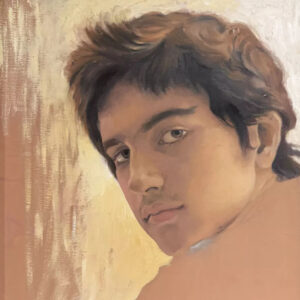
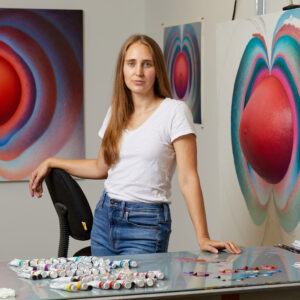



 in your life?
in your life?

